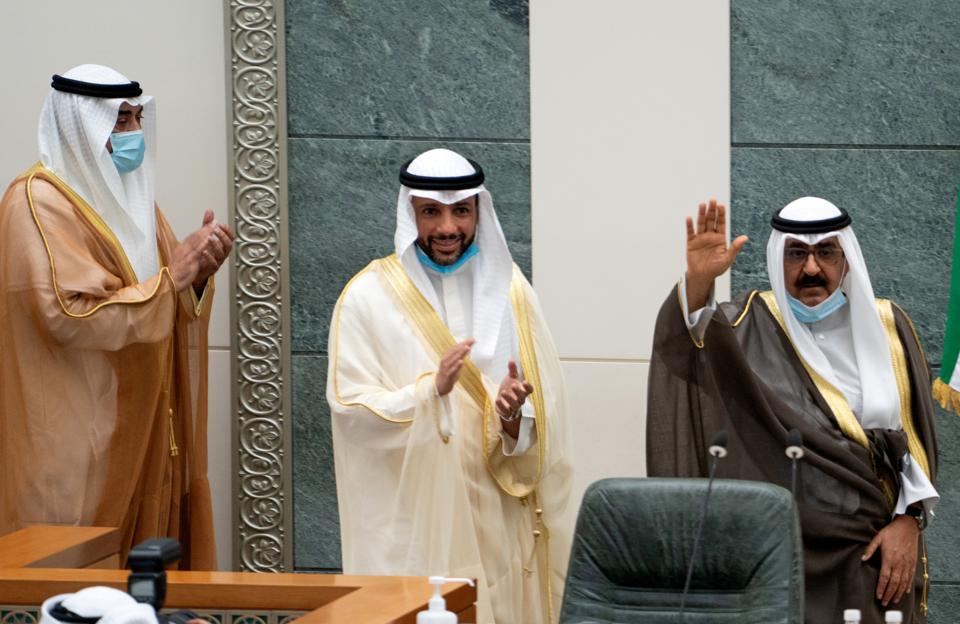Kuwait's political landscape shifted on Saturday with the announcement of a new crown prince. Emir Sheikh Meshal Al-Ahmad Al-Sabah issued a decree naming Sheikh Sabah Al-Khalid Al-Sabah, the nation's former prime minister, as heir apparent. The decision, reported by the state-run Kuwait News Agency (KUNA), marks a significant development for the oil-rich Gulf nation, particularly following a period of political uncertainty.
Sheikh Sabah, 71, brings a wealth of experience to the role. He previously served as Kuwait's foreign minister from 2011 to 2019, navigating a period of regional tension. He then assumed the premiership in 2019, leading the government until 2022. His tenure as prime minister coincided with a period of political gridlock between the government and the elected parliament. This ultimately led to his resignation and the formation of a new cabinet in 2022.
The appointment of Sheikh Sabah as crown prince holds historical significance. He is the first to hail from the Al-Hamad branch of the Al-Sabah dynasty, the ruling family of Kuwait. Traditionally, crown princes have been chosen from either the Al-Jaber or Al-Salem branches. Additionally, Sheikh Sabah is the first to hold the position whose father never ascended the throne. These aspects of the appointment suggest a potential shift in the internal dynamics of the Al-Sabah family.
The Emir's decision comes amidst a period of ongoing political challenges in Kuwait. In May 2024, Emir Sheikh Meshal dissolved parliament just weeks after elections, citing widespread political dysfunction. This move was met with mixed reactions, with some viewing it as a necessary step to address political deadlock, while others expressed concerns about democratic backsliding.
The appointment of Sheikh Sabah as crown prince is a calculated move by the Emir. Sheikh Sabah's diplomatic experience and familiarity with the government are seen as assets during this time of political flux. His ascension to the position of heir apparent is likely intended to provide a measure of stability and continuity within the leadership.
However, the path forward for Kuwait remains uncertain. The relationship between the government and the parliament requires careful navigation, and long-term political reforms may be necessary to address the root causes of the current political tensions. Sheikh Sabah's experience and potential influence as crown prince could prove crucial in navigating these challenges and ensuring a more stable political future for Kuwait.

